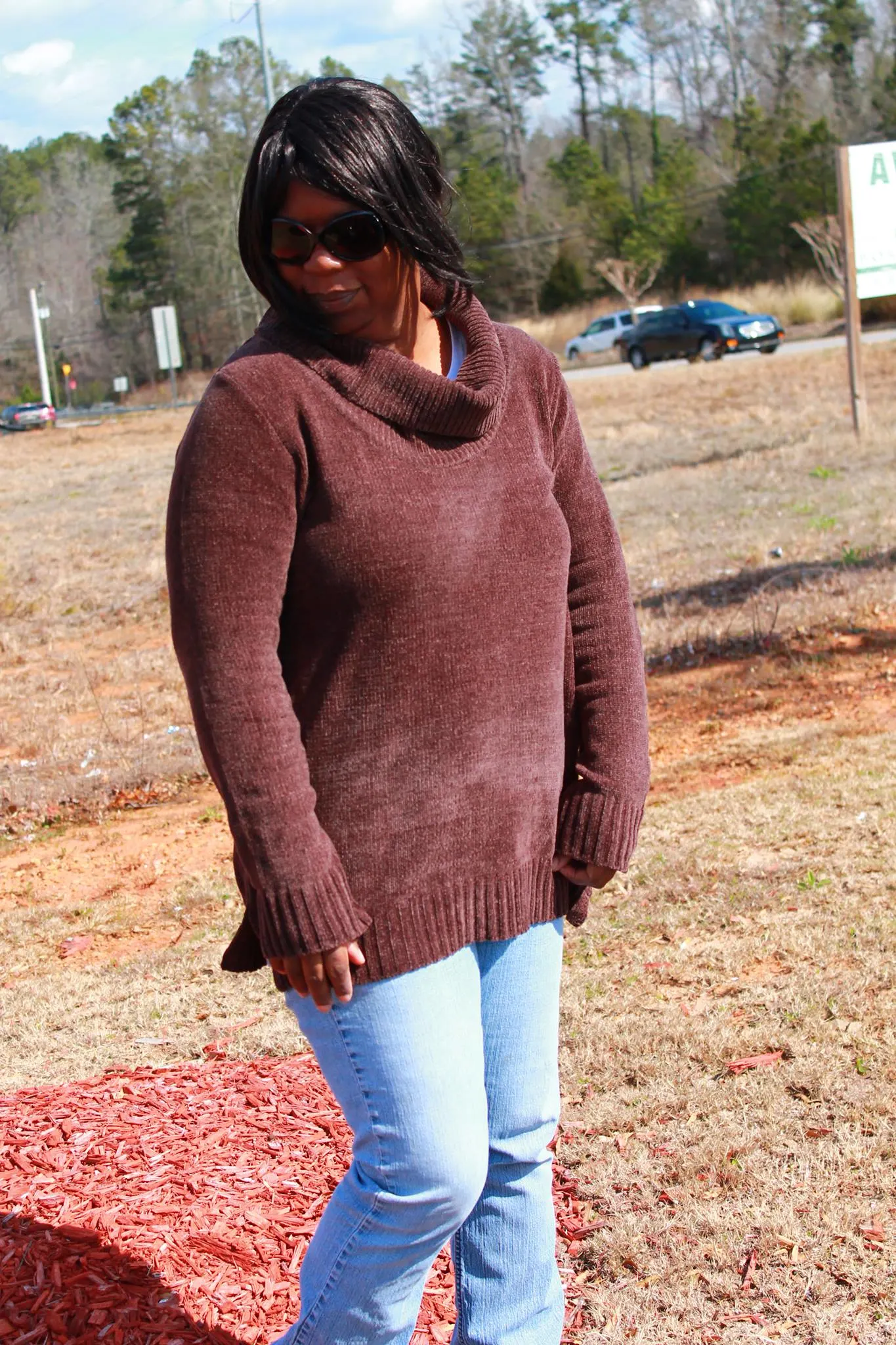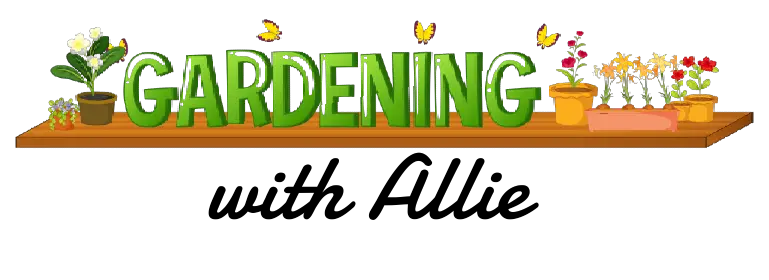Broccoli is an excellent plant to grow in your garden if you are looking to produce a harvest later on. Like with any plant, gardeners may encounter problems when growing broccoli, including having your plant become floppy at some point in the growing process. If this has ever happened to you, then you have likely wondered, why is my broccoli plant floppy?
Most of the time, broccoli plants become floppy due to either overwatering or underwatering. However, temperatures that are too hot can cause floppiness in broccoli plants as well. In some cases, broccoli saplings may also become floppy from being too weak.
Here, we will explain how you can discover the cause of your broccoli plant’s sudden floppy nature. We will also be describing how you can fix this problem. Let’s get into it!

Why Are My Brocolli Plants Drooping
There are three main causes of floppy broccoli plants. These include overwatering, underwatering, and too much heat. Of course, young and weak seedlings can start to droop as well. Here, we will explain how you can tell what is causing your broccoli plant to droop and how you can fix it.
Overwatering
Overwatering is possibly the most common cause of wilting in broccoli plants. You can easily tell if overwatering is causing this problem by feeling the soil around your plant. If the soil around your broccoli plant is wet or moist, then overwatering is likely causing your broccoli plant to droop.
Underwatering
Underwatering can also cause drooping in broccoli plants in some cases. If you feel the soil around your broccoli plant is very dry, then underwatering may be causing your broccoli plant to droop.
Excessive Heat
Brocolli plants are not known for being able to withstand extreme heat levels. As a result, a heat wave can cause drooping in broccoli plants.
Your Brocolli Seedlings Are Weak
Occasionally, broccoli seedlings will become long and floppy. The two main reasons why this could happen are if the broccoli seedlings are exposed to too much heat or are not given enough sunlight. Making adjustments around these factors can help make the seedlings stronger and better prepare them for transplanting.
If your seedlings have already been transplanted, planting them in a deeper hole can help the floppy seedling stand more uptight. However, you may also need to adjust the amount of sunlight and heat the seedling receives.
If you believe that your broccoli seedlings need more sunlight, placing them under a grow light or planting them in a sunnier spot can help. Similarly, placing mulch around your seedlings can help keep the soil around them cooler in temperature.

How Often Should Brocolli Be Watered?
Broccoli plants grow best in cool and moist soil. However, it is also recommended not to let the soil get too wet or soupy. Watering your broccoli plants regularly with low amounts of water will keep the soil at that moist range you want.
Of course, you will likely need to water your broccoli plants more often if you live in an arid climate. Meanwhile, those living in humid environments that get a lot of rainfall will not need to water their broccoli plants so much.
A good rule of thumb is to check the soil around your broccoli plant. If the soil is very moist, you do not need to water your plant, and if the soil is on the dryer side, then giving them a quick watering is a good idea.
How Hot Is Too Hot For Brocolli Plants?
Broccoli plants tend to thrive in temperatures between 65 and 75 degrees Fahrenheit, which means that temperatures above 80 degrees could potentially harm your broccoli plants.
It is also important to mention that broccoli plants grow best when the soil around them is kept at a cool temperature. You can ensure this by placing mulch around your broccoli plants. Mulch such as wood chippings or even grass cuttings tends to work the best. Mulch helps absorb the sun’s heat and keep the soil underneath cool.
Do Brocolli Plants Need Support?
No, broccoli plants should not need support in the same way that other plants do because broccoli plants lie close to the ground and should be strong enough to stand up on their own.
If you have a broccoli seedling that is weak and floppy, then it is recommended that you dig a slightly deeper hole for them. Planting them deeper will provide the seedling with more support. It would be best if you always leave your broccoli seedlings’ leaves above ground when you do this.

Things To Consider
Having a broccoli plant that is mushy or soft to the touch is a bit different from a broccoli plant that is just a bit droopy. As a result, you may be wondering what you should do for a mushy broccoli plant. Here are some other things to consider about why broccoli plants become floppy.
Why Is My Brocolli Plant Mushy?
Most of the time, broccoli plants will become brown and mushy in texture due to overwatering. This occurs because excessive amounts of moisture can allow for fungus and mold to start growing on your broccoli plant’s roots.
In some rare instances, plant diseases could also cause a broccoli plant to become mushy. Most of the time, these diseases cause plants to become mushy as they start to rot away and die.

Can You Save A Mushy Brocolli Plant?
Unfortunately, most broccoli plants that become mushy will not be able to be revived no matter what is causing this mushy texture because the plant usually begins to die once this mushy texture has set in.
If your broccoli plant has become mushy due to overwatering, then you may be successful with saving the plant by drying out its roots. You can do this by uprooting the plant and laying it out to dry for a bit. Once the plant is dry, you can replant it and start caring for it as normal. This is not a sure save, though.
Similarly, you can also treat a plant disease by identifying the illness and treating it as recommended. This may be able to revive a mushy plant if its condition is not too severe. However, very mushy plants, as a result of a plant disease, will not be able to survive in most cases.

Hi there, my name is Allie and welcome to my blog; GareningWithAllie!
Much of what you see written here is just our personal experiences with gardening. Along with the content I write here, there is also a unique collection of gardening topics covered by some of our close friends. I hope you find everything you read here to be helpful, informative, and something that can make your gardening journey the most lovely experience ever! With that said, Happy Gardening!
